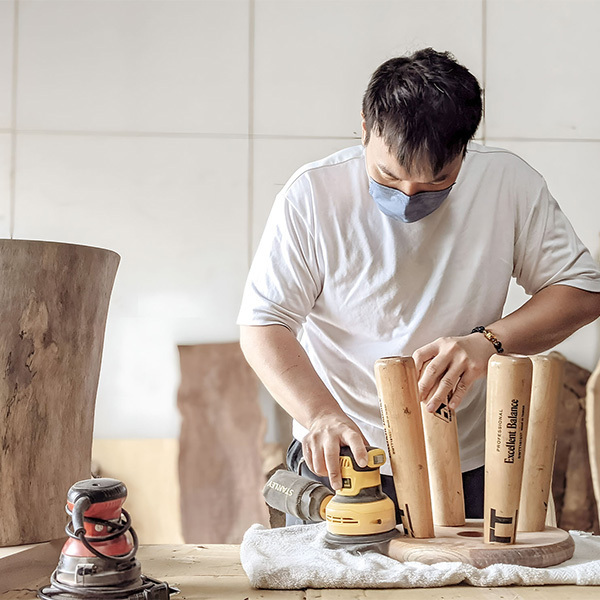Sea vegetable Circulation
SEA VEGETABLE COMPANY
Ourobio
Ourobio is a synthetic biology, biomaterials, and circular economy startup. We develop engineered microorganisms to turn industrial byproducts into low-footprint, performance-enhancing biodegradable plastic resins and additives, and we work with our customers to formulate biomaterial blends to create more sustainable products and packaging.
Our technology is distinguished in its ability to convert low-value agricultural residues into two complementary biomaterials in a single fermentation process. Our proof-of-concept uses dairy processing byproducts to co-produce bio-based biodegradable plastic resins and colorants - lowering the cost, footprint, and difficulty of producing marketable/brandable, 100% bio-based and biodegradable products and packaging.
Ourobio is a young synthetic biology, biomaterials, and circular economy company. We develop engineered microorganisms to turn industrial byproducts into low-footprint, bio-based biodegradable plastic resins and additives, and we work with our customers to formulate biomaterial blends to replace synthetic materials in their products and packaging.
Ourobio began as an academic research project at the University of Virginia in 2019 and was spun out in March 2020 with the goal of reducing microplastic pollution and the barriers to biodegradable plastic adoption. Our founders have been working together for nearly 5 years and offer a shared passion for sustainability and experience in entrepreneurship, synthetic biology, and biochemistry.
Our technology is distinguished in its ability to convert low-value agricultural residues into two complementary biomaterials in a single fermentation process. Our proof-of-concept uses dairy processing byproducts to co-produce bio-based biodegradable plastic resins and colorants - lowering the cost, footprint, and difficulty of producing marketable/brandable, fully bio-based and biodegradable products and packaging.
Each of our products individually provides a safer, healthier alternative and presents a measurable reduction in emissions and environmental toxicity relative to its synthetic counterpart. Encasing pigments in PHA helps improve the dispersion, fastness, and UV stability of the colorant system, and by producing both simultaneously, our approach simplifies the supply chain, maximizing the value we get out of every production run, reducing handling fees, and helping plastic converters and brands to better appeal to their customers and meet their sustainability goals.
We have directed our research efforts to using whey as our initial feedstock, given that less than half of the 120M+ tons generated annually are repurposed. By using agricultural byproducts as a feedstock to produce sustainable additives and polymers (carrier) simultaneously, our process provides food and ag processors a more sustainable method of waste management, addresses several challenges and opportunities in the growing global agriculture and (bio)plastics industries, offers to improve the commercial viability of industrial biomanufacturing, and aligns our work with these industries’ sustainability and circularity goals. In time, we will expand our platform to repurpose a greater variety of waste streams to produce a portfolio of additives, and we will work with our R&D partners to license the use of our strains to provide supplemental revenues and help to accelerate the replacement of petrochemicals.
SPACE 10 Co-founder & Director of Strategy
Powered by microorganisms, armed with scientific breakthroughs, capital and MOUs, Ourobio is on a mission to foster a circular economy with synthetic biology. Their ability to turn various low value industrial byproducts into actual high value low-footprint biomaterials is impressive. I find their proof-of-concept on dairy processing byproducts particularly compelling on its own. Dairy industry wastes including lactose, protein and fat contents are important environmental pollutants. So far techno-economic analyses have mostly been for biogas production. Here, Ouriobio is able to co-produce bio-based plastic resins and colourants - lowering the cost, footprint, and difficulty for brands and retailers to adopt 100% bio-based and biodegradable products and packaging. With 133 million dairy farms globally (over 600 million people living on them) and rising demand, the potential of such technology is enormous.
